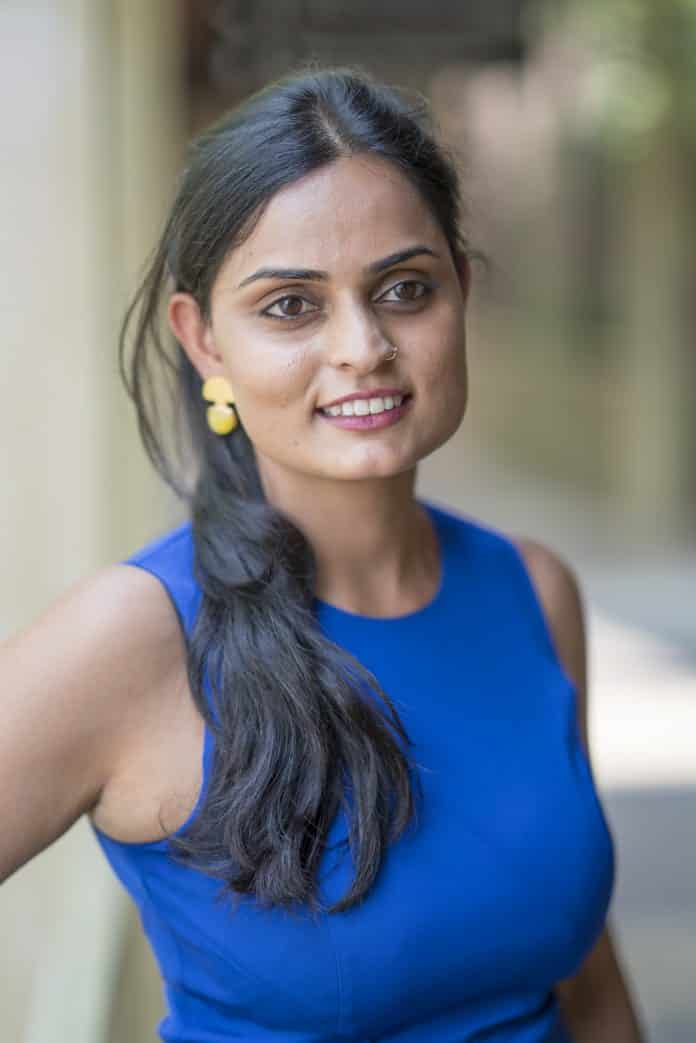Dr. Meru Sheel, a researcher at the Australian National University, was adjudged the most influential Asian-Australian in the field of science and medicine.

An infectious diseases epidemiologist with a key interest in health emergencies, vaccine-preventable and emerging infectious diseases, Meru was awarded for her impactful research, in particular, for leading a team of health professionals to respond to the 2018 diphtheria outbreak among Rohingya refugees in Bangladesh.
Humbled by the honour, Meru said that the awards highlights the active contribution that persons with Asian heritage offer to modern-day Australia.
“Australia is a highly multicultural country, where people are welcoming and accepting,” Meru told Indian Link. “This may not always translate to people’s professional and personal lives, but the awards have provided a platform and recognition for many of us. It has also provided a conversation starter to why we need a diverse leadership for modern day Australia.”
Having grown up in India, Meru moved to Australia to pursue her research interest in infectious diseases. She strongly identifies herself as both Indian and Australian, and believes she can adequately draw a balance between the two identities as they serve different distinct roles.
“I don’t think I can ever not connect with my cultural roots and values, they define who I am and I never miss an opportunity to be home. But I think I am equally Australian. Having lived in Brisbane for 9 years, whenever I do visit back I feel like home. I have learnt a lot since moving to Australia. I’ve grown as a person, and made some exceptional professional networks and personal friendships.”
Of course her passion for infectious diseases has also shaped her personality.
“While growing up in India, I don’t think infectious diseases was a very difficult cause to identify with. I had seen the impact of polio, TB and many others diseases around me. From there on, I loved learning about infectious diseases through high school until university. I knew that’s what I wanted to do,” she said.
Drawing from her extensive experience in bench sciences, clinical studies, epidemiology and public health, Meru finds that infectious diseases as a sector brings together people with different skills who immensely contribute to her research and help her regularly learn new things.
Earlier this year, Meru was awarded a Research Fellowship to conduct operational research in health emergencies, particularly in context of infectious diseases outbreaks that would strengthen global health security and build more resilient public health systems.
Describing her work Meru said, “My research focusses on how we can prevent outbreaks and strengthen epidemic responses from a public health perspective. This is not limited to but can include strengthening surveillance for monitoring of diseases, increasing vaccines coverage particularly amongst marginalised populations, or exploring how coordination, leadership and training can lead to improve response to public health emergencies.”
Meru has found an active engagement between the Indian and Australian scientific communities.
“There are several organisations who are actively engaged in training of students and early career researchers in Australia and India, and are simultaneously conducting research. I believe both sides have great to learn from each other and change the future of science,” she contends.
Meru reveals that it was the fun and curiosity of studying science and medicine that motivated her. Yet she advises youngsters seeking to break into her field to seriously contemplate their choices before taking the leap.
“This field is not for everyone and there are lots of other cool careers. Science and medicine is not always a straightforward career path and there are no shortcuts – my advice to all young students and professionals is to explore what you want to do, seek and take up opportunities when they arise. Read a lot and reach out to people, have conversations with them to see if that interests you. And if a career in science and medicine is what you want – then pursue it. Enjoy the journey because you don’t know where you’ll end up,” Meru concluded.




